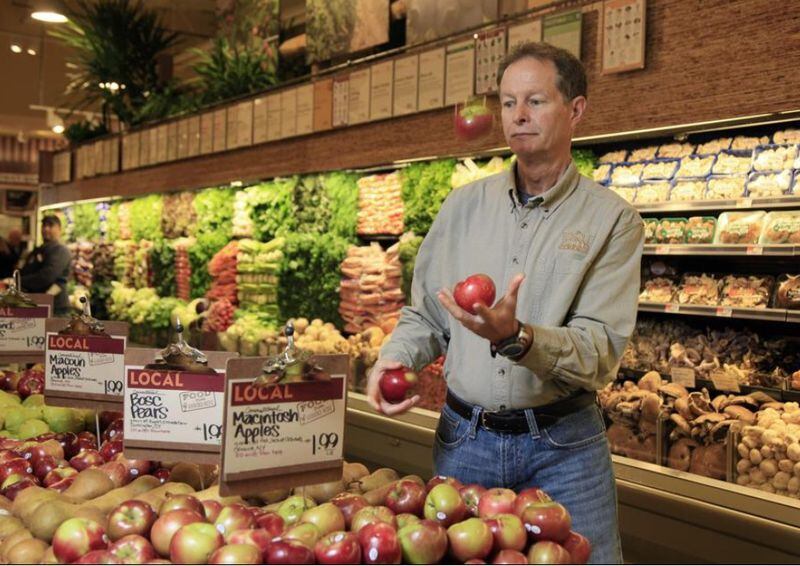Gary Dinges dropped the news this morning: Whole Foods finally had a buyer.
After months of rumors about a sale — the company has been expanding quickly but had a hard time staying profitable enough to please investors — the company announced today that Amazon would be buying it in a $13.7 billion-dollar deal. It's the largest acquisition ever for Amazon, and Whole Foods co-founder John Mackey will stay on as CEO.
The company had been valued at $11 billion, so it looks like Jeff Bezos and crew made Mackey and his team an offer they couldn’t refuse.
Amazon has ramped up its grocery delivery services in recent years, adding Amazon Prime Now for same-day delivery of dry groceries a few years ago and, last month, adding fresh grocery delivery through Sprouts Farmers Market.
Whole Foods' grocery delivery services had primarily been provided through Instacart, but I presume that relationship will fold as Amazon takes over the store's management.
How else will this acquisition affect one of Austin’s flagship companies and its most notable grocery store? Will the amusement park of supermarkets downtown chance now that Amazon is in charge?
Will Whole Foods' longtime mission of promoting healthy, organic food — which started out in a little shop on North Lamar Boulevard in 1980 with a staff of 19 people — change under management of one of the world's largest companies?
We’ll find out some of these answers as this story evolves, but my gut says that Amazon bought Whole Foods because it liked its core business and mission but had some changes to make to the business model. That might mean we’ll see fewer local startups on shelves or a more streamlined distribution system that incorporated Amazon’s giant warehouses.
We will absolutely see a push to incorporate Amazon Prime perks into the shopping experience, including making grocery delivery more affordable for people who have paid the $99/year Prime fee. Right now, you can get groceries delivered from Sprouts, one of Whole Foods’ competitors, for free (with a tip for the driver) if you can wait a few hours to get your groceries. I doubt the Sprouts partnership will last long, unless Amazon decides to acquire them, too.
What do you want to know about this Whole Foods news? How would you like to see the company and stores change? What do you hope doesn’t change? How will this news affect H-E-B, which dominates local grocery sales but doesn’t have the same tech capabilities as Amazon?
Here are some early thoughts from readers on Twitter:
i know! will there be an Amazon sign at 6th & Lamar now? What will this do to HEB? What about Central Market? What about HQ? oosh.
— aneelee (@aneelee) June 16, 2017
About the Author






